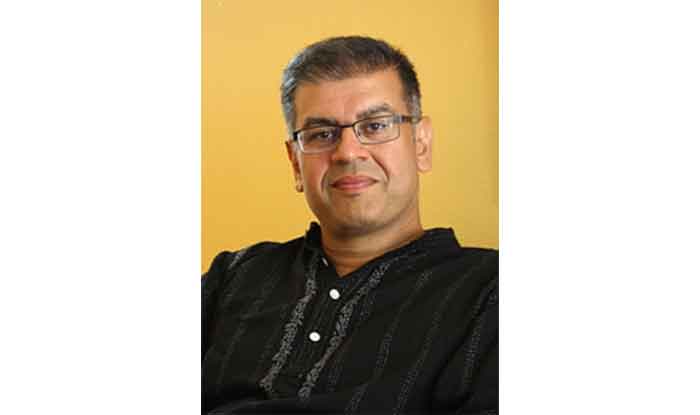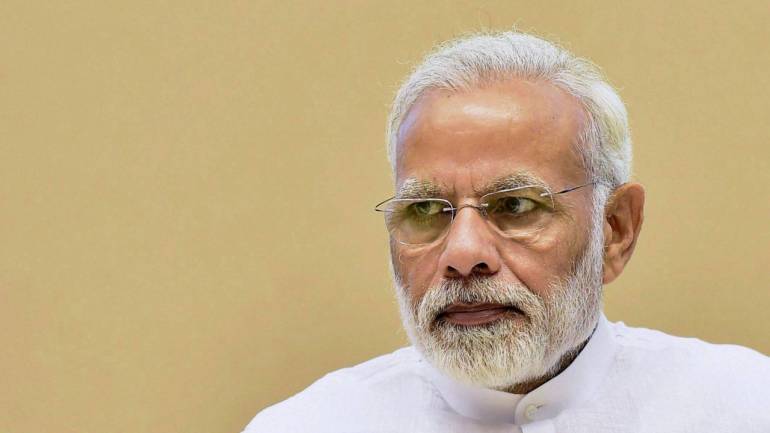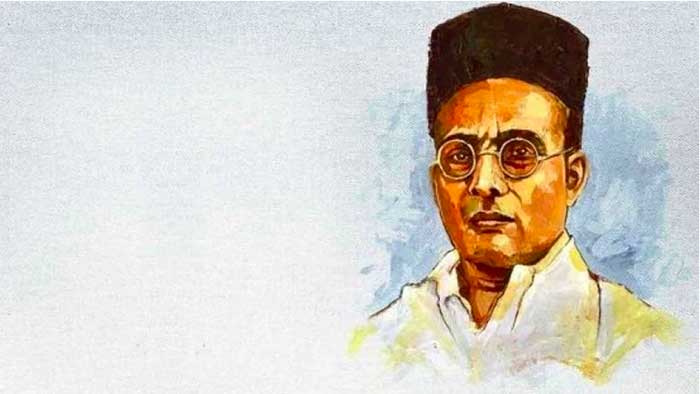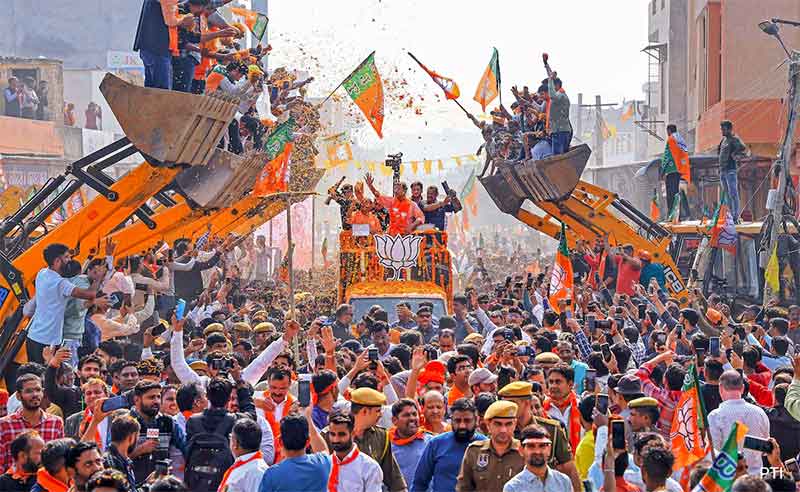
Given the events of August 5th in Ayodhya, how do we conceive Savarkar as a progenitor of this invidious movement?
The answer to your question is not an easy one, given the complexities of Savarkar’s ideas and the interpretation of those ideas over one century by a number of thinkers. However, in thinking specifically about Rama, Ayodhya, and the Babri Masjid, there are two aspects of Savarkar’s writings that are relevant to contextualizing the current situation, but they may not fully address the complexity of your question. First, it is important to understand that Savarkar considers Rama to be the idealized “Hindu hero.” I want to make clear that this is his definition of Rama, not mine. This is something that he mentions in The Indian War of Independence of 1857. But Rama has a central place throughout Savarkar’s writings, and interestingly, it is Rama’s victory over Ravan that signals the completion of Hindu India. In a sense, for Savarkar, the annual Vijaydashmi celebrations in which every Hindu can participate are symbolically an act reifying the creation of Hindu India. Second, Savarkar has pointed out in his autobiographical writings that as a child, he organized a number of Hindu boys in his neighborhood to attack an abandoned mosque as vengeance for what were considered Muslim atrocities against Hindus. Savarkar states that he and the boys could not destroy the mosque, but the spirit of vengeance was central to their actions. But in other writings, Savarkar is also keen to point out that Hindus regularly retaliated against Muslims around the temple destruction.
In your recent article entitled “Violence as Civility,” you have argued that M.K. Gandhi and Savarkar also had a disagreement regarding the interpretation of the Ramayana. Could you say more about this interaction?
As far as I can tell, the first public meeting between Savarkar and Gandhi took place in London at a Vijaydashami celebration in 1909. Gandhi was visiting London from South Africa at the time, and he was asked to be the guest of honor for the function at which some 60-70 Indians attended. Gandhi had stated that he would only attend if there were no discussions of politics. Gandhi gave a brief lecture. Later he asked Savarkar to speak, who decided to talk about the Ramayana and Rama’s victory over Ravana, since it was Vijaydashmi, but also because he stated that Gandhi requested that the speakers avoid all political topics. Savarkar argued that the Ramayana should be read literally, and Rama’s example of turning to violence was valuable for all Indians to consider as a strategy. Gandhi, of course, had an allegorical reading of this text. Savarkar read it more literally, as a justification for what he considered ethical violence against an enemy.
What does “violence as civility” mean? This appears a controversial formulation.
Savarkar develops a concept of “Hindu civility” in which he argues that violence is at the center of one’s being as a Hindu, as a Human. At one level, he certainly did not want to cede the idea of civility or civilization to a figure like Gandhi, who argued that ahimsa was central to understanding civility. Savarkar provides an alternative interpretation of civility in which the focus is on violence not only an act of civilization, but also Nature. After all, for him, which civilization has not been violent in the name of civilization? On the other hand, he also adds that nonviolence is antithetical to being a Hindu. As I explain in my essay, Savarkar provides a typology of violence for Hindus as central to “Hindu civility.” So, yes, Savarkar’s formulation is controversial.
You write that you’ve been asked if you have found a “smoking gun” connecting Gandhi’s assassin Godse with Savarkar. Have you? Can you elaborate?
This is a question that I am often asked when discussing Savarkar. It probably also has to do with the current political climate. In my essay, I point out that there is a general sense by those who are antagonistic to Savarkar that if a “smoking gun” linking him to the Gandhi murder is found, the ghost of Gandhi can be put to rest. The fact that Godse considered himself Savarkar’s disciple has connected them for posterity. Plus the fact that Godse wanted to read Savarkar’s Hindu Mahasabha speeches in order to write his defense for killing Gandhi certainly adds an intellectual connection that many scholars already knew existed. But the short answer is I have not found a direct connection. However, a purpose of writing about the Gandhi murder by examining some of Savarkar’s key writings on assassinations provides an alternative to understanding the murder. After all, Savarkar not only advocated assassinations as part of Hindu civility, but he specifically thought that those individuals who promoted “excessive non-violence” should suffer a cruel death. He provides examples of cases dating back to antiquity to substantiate his argument for assassinations.
What insights that you’ve uncovered in your in depth study of Savarkar are yet to play out in the march towards a Hindu Rashtra? In other words, what’s next in the playbook?
As a historian, I am often reluctant to speak of the future of Hindutva. Of course, Savarkar contributed greatly to the development of the concept in his career. But for those who study the history of ideas know that any concept also changes over time. There are certainly traces of Savarkar’s thought that persist in the everyday actions and thoughts of his disciples today. As I have pointed out, Savarkar understood the relationship between cultural hegemony and domination very well. I think that his intellectual and political descendants also understand this nexus. But if there is any argument that concerns me more than any other is Savarkar’s claim that India will remain in a permanent civil war against the “foreigner.” The rationale for vengeance in the form of Hindu civility is certainly part of the story today. And, I don’t think it is going away anytime soon.
Where can CounterCurrents readers find more of your related work?
Links to most of my writings are available online at: https://www.faculty.uci.edu/profile.cfm?faculty_id=5381
Readers can also contact me for further information.
Romi Mahajan is an Author, Marketer, Investor, and Activist

















































